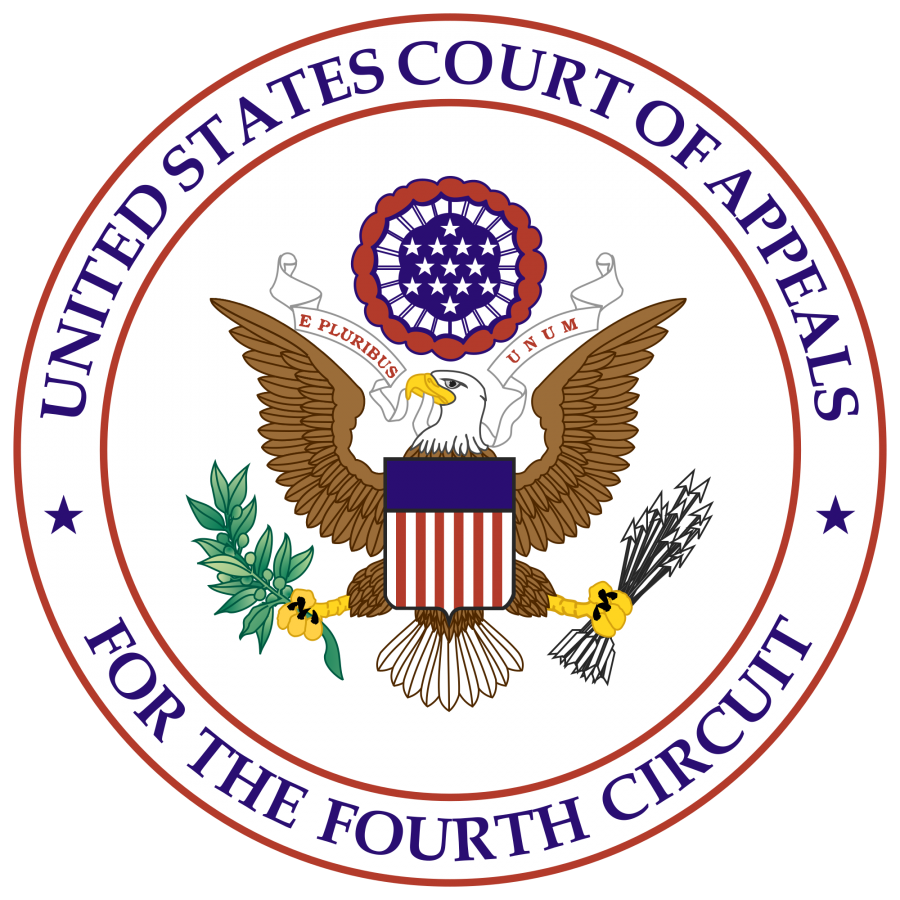
Immigrants residing in Virginia received a big win today from the Fourth Circuit in the case of Sotnikau v. Lynch. Argued and won by pro bono attorneys from O'Melveny & Myers, the impact of this case will be felt far and wide. The case started with a CAIR Coalition client placed with a pro bono team at O'Melveny & Myers, who argued that a conviction under Virginia law for involuntary manslaughter can not lead to deportation because the state law is overbroad and divisible.
Thanks to the excellent arguments put forward by Jason Zarrow, the lead O'Melveny attorney, the Fourth Circuit agreed and issued a precedential opion that will have a huge impact on immigrants facing removal from criminal convictions.
In a published opinion (see attached), a three-judge panel composed of Judges Niemeyer, King and Agee agreed with the argument that Virginia involuntary manslaughter is categorically overbroad and therefore not a CIMT because it penalizes criminal negligence, and a conviction under it can be sustained even where the the perpetrator "knew or should have known the probable results of his act." Conrad v. Commonwealth, 521 S.E.2d. 321, 326 (Va. Ct. App. 1999). This sweeps broader than criminal recklessness, which requires a conscious disregard of the known risks attendant to the offender's conduct, thus taking Va. Code 18.2-36 categorically outside of the CIMT realm. In coming to this conclusion, the Fourth Circuit found that the Virginia involuntary manslaughter statute was distinquishable from the Missouri statute at issue in Matter of Franklin, 20 I&N Dec. 867 (BIA 1994), which requires a showing of recklessness. By contrast, the Fourth Circuit found that the controlling BIA case here is actually Matter of Perez-Contreras, 20 I&N Dec. 615 (BIA 1992), which dealt with a Washington statute that, like the Virginia involuntary manslaughter statute, is overbroad in penalizing acts of criminal negligence because it can be sustained where the perpetrator merely "fails to be aware of substantial risks." Id. at 618, and does not necessarily require a showing of recklessness (i.e. that the perpetrator had actual knowledge of the risks involved but consciously disregarded those risks). In it's decision, the Fourth Circuit drew a very clear line delineating between statutes that require a showing of criminal recklessness, and those that can be sustained by a showing of criminal negligence, which are categorically not CIMTs.
This is an enormous win for Mr. Sotnikau and for all immigrant clients charged with involuntary manslaughter in Virginia, which is now officially both categorically not a crime of violence aggravated felony and not a CIMT. It is also a critical tool for crim-imm advocates to use to help us fight against the designation of other Virginia statutes as CIMTs. A huge shout-out to Jason Zarrow and the wonderful pro bono team at O'Melveny, who beautifully briefed and argued Mr. Sotnikau's case before the Fourth Circuit. Thier efforts have not only led to an excellent outcome for their client, but will also have an enormous impact on immigrants facing removal from criminal convictions in the future, at a time when immigrants are particularly vulnerable.
